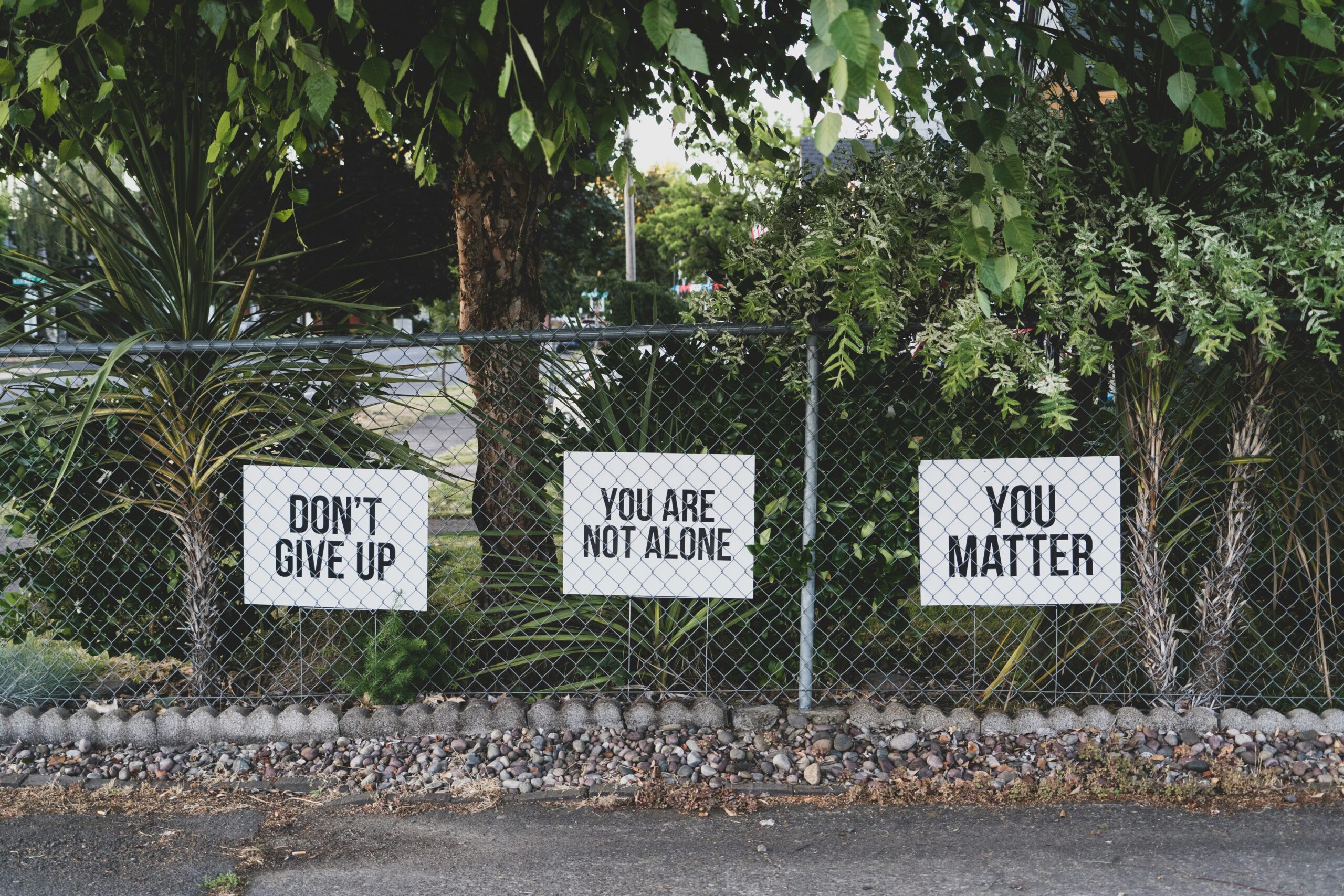How to Sustain Your Dedication
We were in a meeting when people started whooping and screaming. In the middle of a weekday, in our office lobby, one of my teammates had gotten engaged. Her boyfriend had borrowed a car identical to the one in the movie Sixteen Candles—her favorite movie—and had dressed up like the boy in the movie.
I remember when I was engaged. No amount of money, no sacrifice, no request would hold my devotion back.
Do you remember being engaged? Perhaps you were engaged to be married, or maybe you were engaged at work. Do you remember the abundant excitement?
Those days seemed far away on a recent Saturday at 5:30 in the morning when I had gotten up early, planning to do yoga. But the baby woke up. So did one of the older kids. The dog was pacing to be let outside, laundry needed to be folded before leaving town later that day, and I had this blog to write.
Sigh. I’ll fold laundry with the baby, I decided. I was initially disgruntled, but I quickly went on autopilot as I thought about places and times more exciting than these.
Today, at home and at work, it feels as though my efforts are constantly being impeded by others.
Excitement about being engaged gets harder and harder as we are assaulted by the constraints of being human. Remaining devoted, in a relationship or in work, requires us to make an emotional change beyond just acting unselfishly. This emotional change was described beautifully by my friend Jim Winner when he documented his research on the phases of our attitude:
- Excitement. For a time, everything is new, fresh and full. This time usually lasts four to six weeks.
- Frustration. Every good endeavor meets resistance and annoyance. Our surprise turns to denial, but reality eventually produces fear. Then our anxiety turns to anger, which looks for blame and justification and finally rests in some form of apathy. We go on autopilot and think about places and times more exciting than these.
- Looking. The grass usually looks greener in another job, house, body, marriage or time of life. When we go there, we return to phase #1 above and repeat the process.
- Re-commitment. Winner discovered that the most successful people stop the cycle when blaming and justification begins. They look inward and do three things:
- First, they re-dream the original dream. They remember why they were once so excited.
- Second, they reconnect with people who remind them of what’s good and true.
- Third, they renew their own efforts and abilities.
Abraham Lincoln once said, “We can complain because rose bushes have thorns, or rejoice because thorn bushes have roses.”
Wouldn’t you love to stay engaged in what you do? Where do you need to re-commit amidst the constraints of being human?










Great Post Matt! I commit to staying dedicated with excitement and attitude!